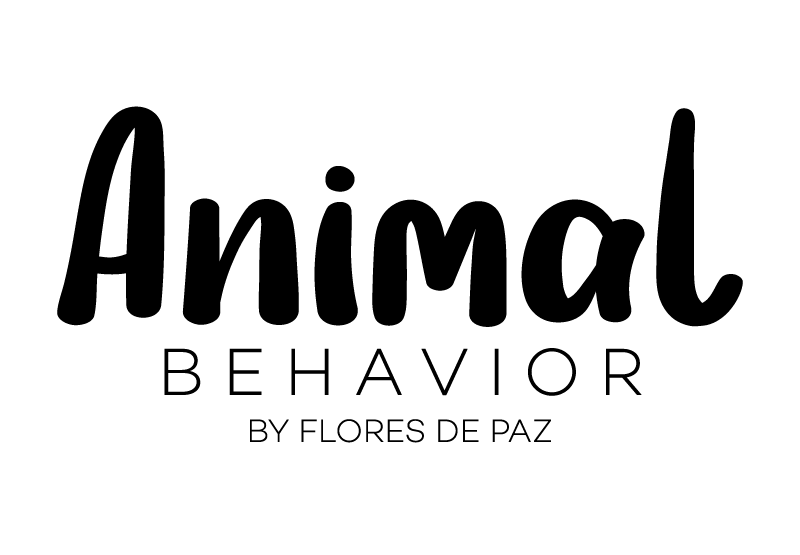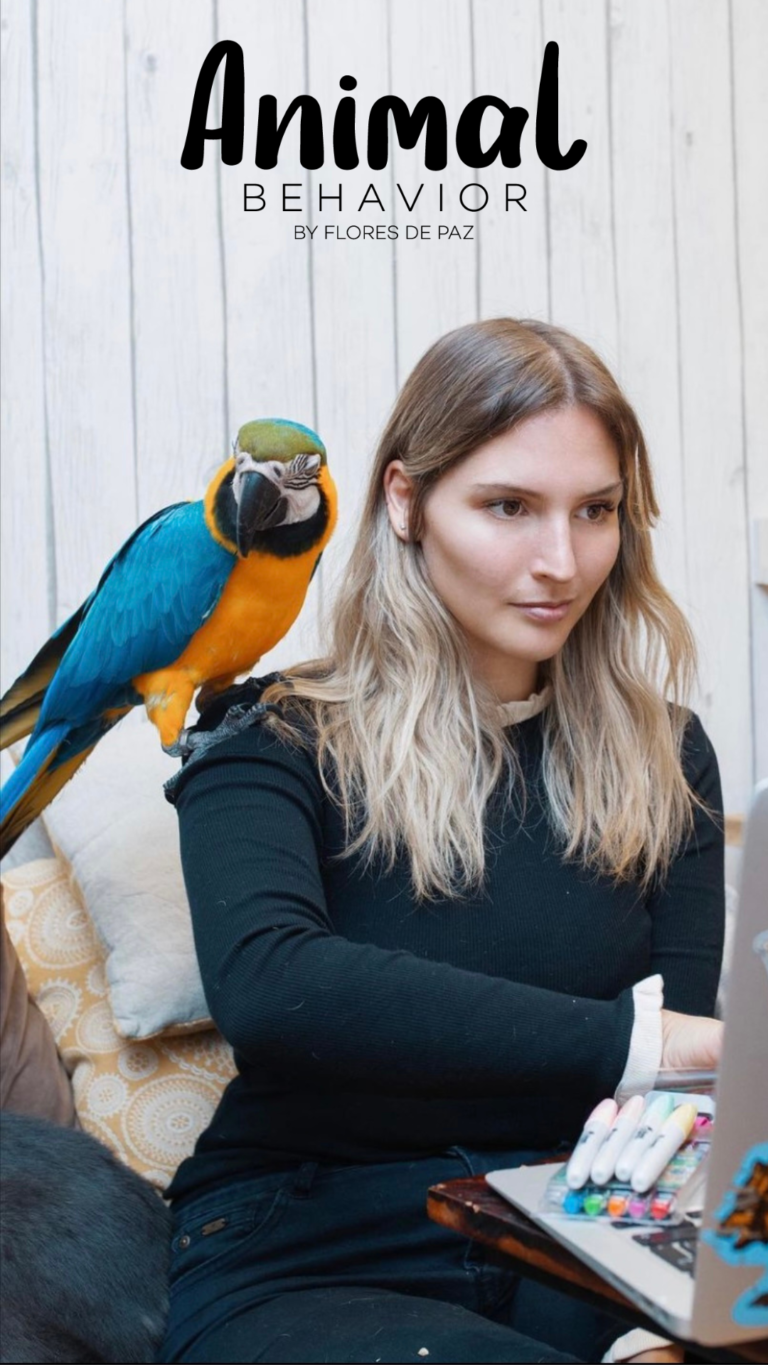We often think of animals as instinct-driven creatures, acting purely on survival and reproduction. However, a growing body of research is revealing the incredible emotional depth and complexity of many animal species. From the playful antics of dolphins to the mourning rituals of elephants, animals have much more going on beneath the surface than we may realize.

So, what do we know about animal emotions? Well, for starters, many animals have been observed exhibiting behaviors that suggest they are experiencing a wide range of emotions, including joy, fear, anger, and sadness. For example, dogs wag their tails when they’re happy, cats purr when they’re content, and elephants have been known to shed tears and even cover the bodies of their deceased loved ones with branches and leaves.
Studies have also shown that animals have many of the same brain structures and neurochemicals that are involved in human emotion, such as the amygdala and neurotransmitters like dopamine and serotonin. This suggests that the emotional experiences of animals are likely similar to those of humans.
Furthermore, research has shown that many animals have a high degree of emotional intelligence and empathy. For example, chimpanzees have been observed consoling their distressed peers, while rats have been known to help their cage-mates in distress.
Despite these findings, many people still view animals as emotionless creatures, which can have serious consequences for their welfare. When we fail to recognize and respect their emotional lives, we may be more likely to engage in practices that cause them unnecessary suffering, such as factory farming or the destruction of natural habitats.
The emotional world of animals is a fascinating and complex topic that deserves more attention and respect. By recognizing the emotional lives of animals and taking steps to protect their welfare, we can create a more compassionate and just world for all beings. Let’s continue to explore the depths of animal emotions and strive to be better stewards of their well-being.
Thank you for reading our blog on animal emotions! If you’re interested in learning more about this topic, be sure to check out our other articles on animal behavior and welfare. And if you’re looking for ways to support animal welfare, consider volunteering at a local animal shelter or supporting organizations that work to protect animals and their habitats.
Remember you can always ask us a question regarding your animal, his conducts, emotions and your relationship to contacto@floresdepaz.cl and we will help you out!



